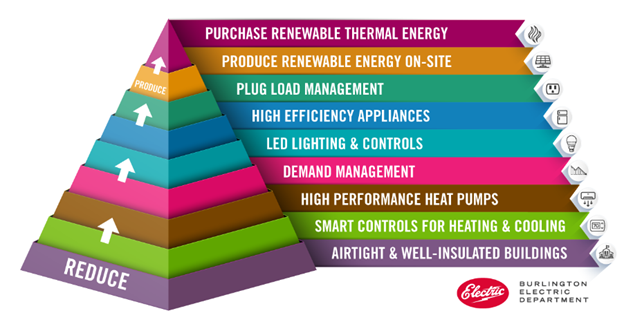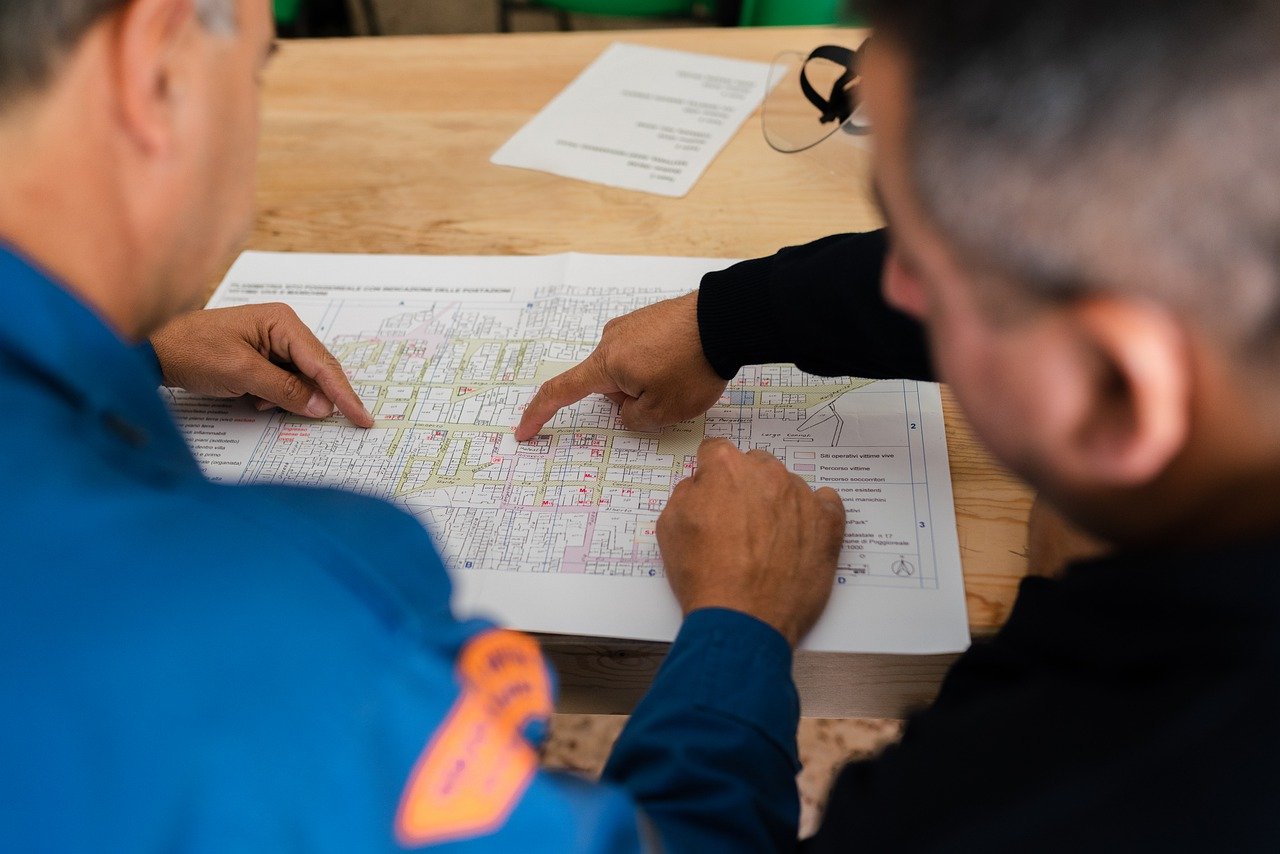Over the last few years, climate action has become a central focus for governments, and the business case for doing something about climate change has become clearer than ever before. With this shift, “Net Zero by 2050” is a term that seems to get thrown around by organizations, businesses, and municipalities alike. But what does it mean, and how do we get there? We continue our endeavor to answer this question in the second part of this two-part blog.
Krystina Kattermann
Recent posts by Krystina Kattermann
3 min read
Striving for Net Zero: Part II
By Krystina Kattermann on Jul 12, 2023 10:00:00 AM
Topics: Energy Efficiency Heat Pumps #decarbonization #renewables Building Envelope Building Enclosure Carbon Reduction NZE Net Zero
7 min read
Striving for Net Zero: Part I
By Krystina Kattermann on Nov 30, 2022 11:00:00 AM
Over the last few years, climate action has become a central focus for governments, and the business case for doing something about climate change has become clearer than ever before. With this shift, “Net Zero by 2050” is a term that seems to get thrown around by organizations, businesses, and municipalities alike. But what does it mean, and how do we get there?
Topics: Energy Efficiency Heat Pumps #decarbonization #renewables Building Envelope Building Enclosure Carbon Reduction NZE Net Zero
3 min read
Case Study: Energy Efficiency Done Right in Burlington
By Krystina Kattermann on Feb 17, 2022 10:00:00 AM
Main Street Landing’s Lake and College building on the Burlington waterfront houses important and community-loved businesses including Seventh Generation, Skinny Pancake, and the Peace and Justice center as well as a performing arts center and community gathering spaces. Main Street Landing (MSL) is a property owner member of the Burlington 2030 District, members of which aim to decrease their buildings’ energy, water, and transportation related emissions by 50% compared to the district baseline by the year 2030. MSL takes their membership seriously, fully committing to implementing changes year after year to work towards these goals.
Topics: Sustainability Building Data energy conservation
5 min read
The Importance of Building Owner Training
By Krystina Kattermann on Oct 6, 2021 10:00:00 AM
I was recently involved in a commissioning (Cx) project that involved an owner’s training scope that went beyond the general Cx scope or LEED requirements and wanted to share my insights into this experience. For our standard training review scope, we ensure requirements for training are included in the specifications and review each subcontractor’s training plan ahead of the training session to ensure it will meet the requirements of the project contract documents. This also provides an opportunity for the owner to review the plan ahead of the training and indicate whether there are other items they’d like to see covered. However, this training review approach leaves a gap in the process, as the level of detail provided during the actual training session may not align with the expectations of the Cx agent or the owner/operator, and the starting expertise of the building operator varies greatly project to project.
Topics: building automation system training
7 min read
Energy and Beer – The Path to Sustainability
By Krystina Kattermann on Jan 29, 2020 10:00:00 AM
Vermont is home to a lot of my favorite things. There’s skiing, swimming, music, cheese, apple picking, and more, but perhaps my favorite is Vermont beer. The Burlington area alone has enough breweries to keep one busy for a long weekend – from the classics like Switchback Ale and Fiddlehead IPA, to the ever rotating sours at Foam to the delicious (and highly creative) concoctions coming out of Burlington Beer Co., the 10 mile radius around this small city I call home has something for everyone. Though my love of beer continues to grow, so too has my concern about the sustainability of the beer brewing process.
Topics: Sustainability Energy Efficiency Commercial
6 min read
The Wonderful World of Compost
By Krystina Kattermann on Sep 11, 2019 10:00:00 AM
I had never heard of composting as a general practice, until I went to school in Vermont. UVM is one of those places where every trash can is accompanied with a compost and recycling bin (at least when inside near a dining area). When I moved to Boston for a few years after school, I was appalled at the lack of compost availability – what was this madness?!?! Luckily, upon my move back to Burlington, setting up an at home compost was a cinch – just fill up a bucket and drop it off at the waste center every other week for free. While Burlington does a fairly good job of encouraging composting, I just returned from a trip to Seattle where they do curbside compost pick up, and every restaurant I visited had a compost bin…STEP IT UP, EAST COAST!
Topics: Sustainability renewable
4 min read
A Change in Career to Tackle Change in the Climate
By Krystina Kattermann on Apr 3, 2019 12:00:00 PM
As someone very new to the engineering world, I’ve learned a lot in the last few months about the impact that engineers can have on climate change. I came to Cx Associates and the world of commissioning in a rather round-about way. My background is in molecular genetics, specifically lung cancer research, but when I moved to Burlington this past summer, I decided to pivot in my career path. I’d found myself desiring more and more to move into a field that was doing some good for the world. I know, I know, many would say “Hey! Cancer research is good for the world!,” and I certainly don’t deny that, but what good is finding new cancer treatments if there isn’t a planet that can viably support the patients those treatments would be for? As I’m sure many of you heard or read in the news some months ago, the Intergovernmental Panel on Climate Change (IPCC)’s 2018 Climate Report showed that “global warming is likely to reach 1.5°C between 2030 and 2052 if it continues to increase at the current rate” (something some climate scientists have argued is a conservative estimate). This will have devastating effects on people’s lives, and not only in poorer nations of the world – the Fourth National Climate Assessment released by the U.S. Global Change Research Program in November 2018 predicts U.S. economic losses due to climate change in 2090 as $280-$500 billion/year. These reports cemented my feelings in the weeks and months after I began at CxA, but I had already felt myself pulled towards the idea of working for a company or organization that was doing solid, on the ground work to combat climate change. I did not expect that pull to land me at a consulting engineering firm.






